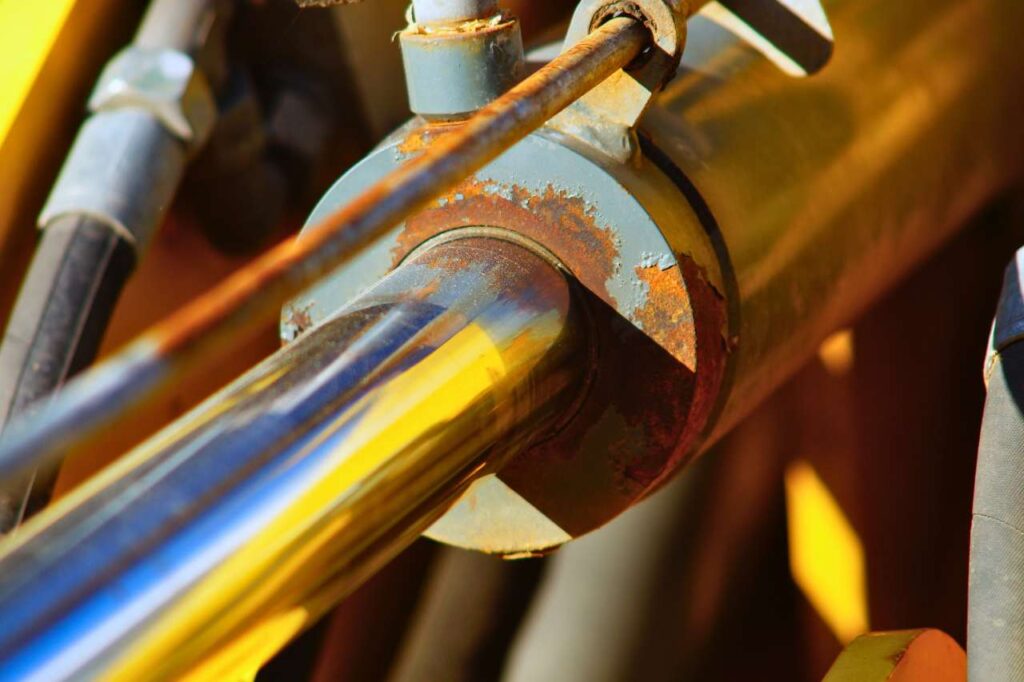Corrosion is the enemy of industrial manufacturing and countless other industries. So how can you protect your equipment from it?
To corrode means to “destroy or damage (metal, stone, or other materials) slowly by chemical action, or to destroy or weaken (something) gradually.” Corrosion can lead to structural damage, rust, weakening of machinery, operation downtimes, and workplace accidents. Not only that, it can also lead to public health concerns in the case of drinking water distribution systems or food processing. Industrial protective coatings keep your machinery, your staff, and the public safe.
The Risks of Corrosion
Let’s run through some of the negative consequences of industrial corrosion.
- Operational downtime
- Repair and maintenance costs
- Workplace accidents
- Environmental effects
- Public safety concerns
- Project delays
- Shorter equipment lifespans
- Service disruption
- Decreased revenue
Integrated Protective Coatings Inc. (IPC) offers cost alternatives to exotic alloys and has decades of experience offering solutions to various industries. Here are some examples of corrosion’s negative effects we’ve seen in a few of these industries.
Corrosion in the Oil & Gas Industry
Crude oil contains natural impurities and components that can cause corrosion of refinery equipment, vessels and pipelines. These components can include hydrogen sulphide, carbon dioxide, chlorides in brackish water (organic and inorganic), acids (organic and inorganic), sulphur compounds, bacteria, and nitrogen (that can form cyanides).
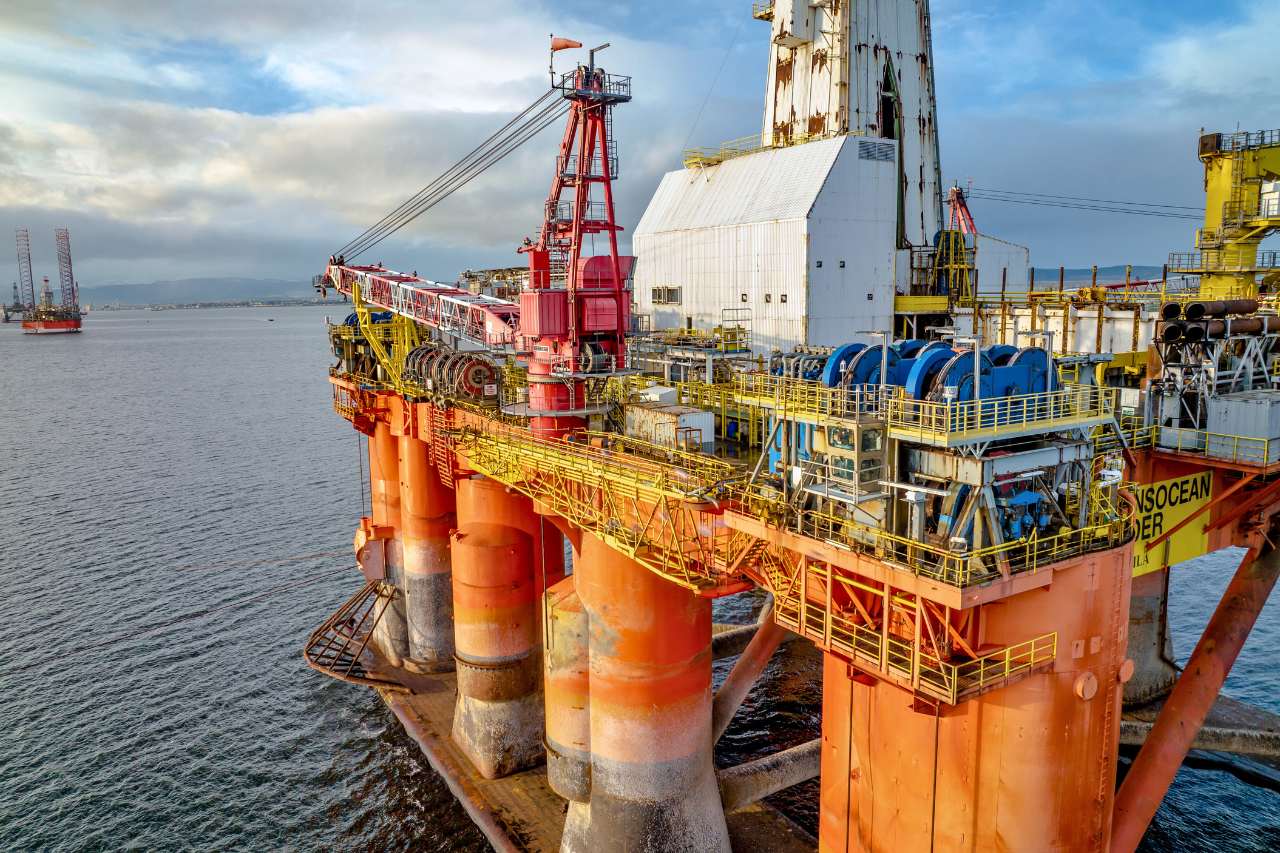
Corroded machinery and materials can be expensive to replace and lead to high operational costs, as well as have health, safety, and environmental effects.
You can learn more about the benefits of protective coatings in the Oil and Gas Industry here.
Corrosion in the Potable Water Industry
Drinking water (also known as potable water) distribution systems can be subject to corrosion. Factors such as the age of the plumbing system, the quality of the water, the time of water stagnation, and the types of materials used can all affect the possibility of corrosion and contamination.
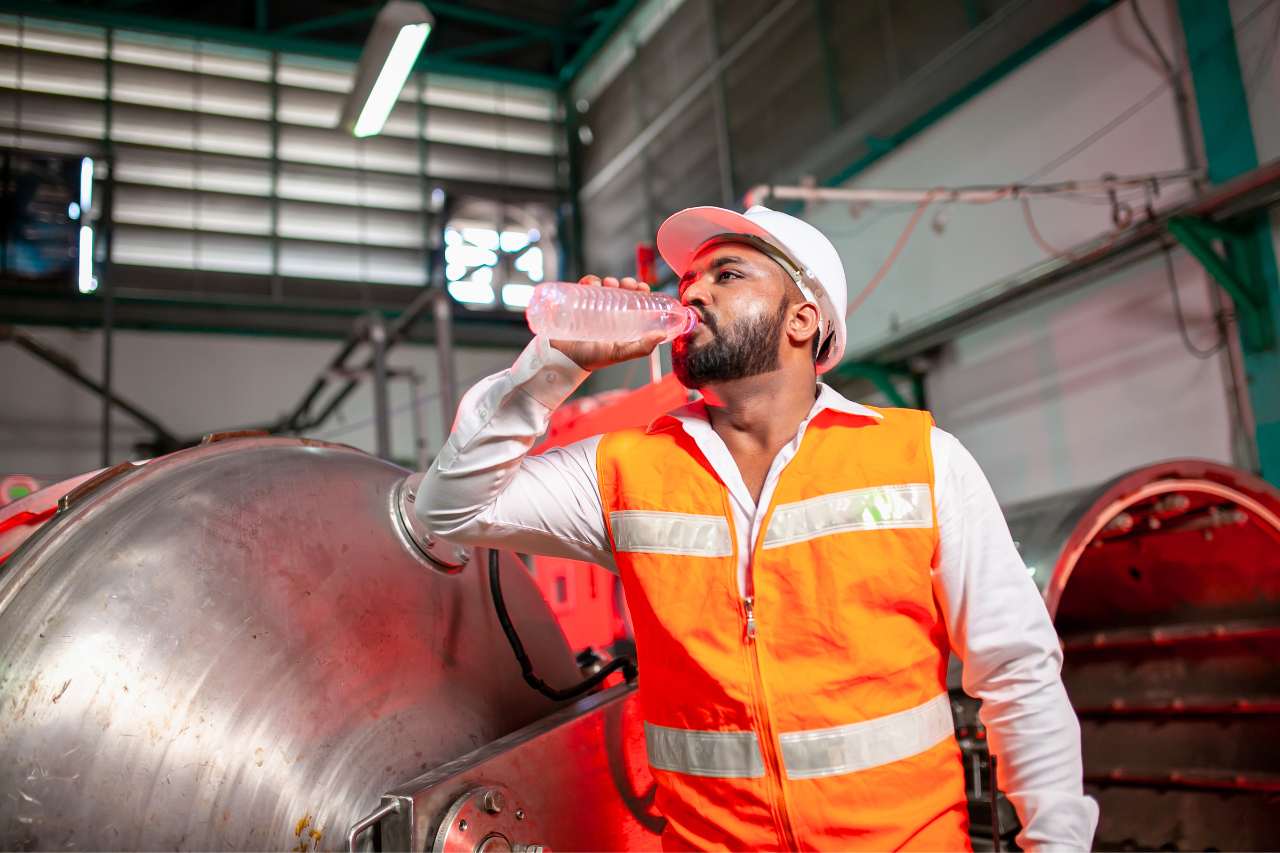
Contaminants that can leach from materials in potable water systems include aluminum, arsenic, copper, iron, lead, nickel, tin, zinc and more. Keeping drinking water safe for human consumption is crucial and can be achieved through protective coatings, preventing corrosion and contamination leaks.
Read: “Guidance on Controlling Corrosion in Drinking Water Distribution Systems” from the Government of Canada
Corrosion in the Food Processing Industry
While corrosion can occur in industries like those listed above, it is especially high-risk in food processing industries. The combination of bacteria, high temperatures, moisture, and harsh cleaning chemicals used regularly makes these industries a perfect breeding ground for corrosion and rust.
This highly corrosive environment can damage food processing equipment and facilities, leading to costly repairs and increased downtime. But even more concerning is the higher risk of food contamination!
Metal contamination and rust on food production and processing equipment can result in serious public health concerns, ranging from food poisoning to serious health complications.

How Can Protective Coatings Offer Corrosion Protection?
Protective coatings can evenly coat the substrate metal and prevent chemicals (or other contaminants) from entering the micro-cracks of the base metal. Thereby preventing corrosion from occurring even at high temperatures.
IPC protective coatings allow you to extend your equipment’s lifespans in corrosive environments.
Electroless Nickel Coatings (ENC)
This coating creates a barrier to protect the substrate metal from corrosion, abrasion, and erosion. It is made by evenly depositing nickel alloy on the metal’s surface without the use of an electrical current.
Benefits of ENC:
- Excellent Corrosion Resistance
- Zero Porosity
- Excellent Adhesion (450 MPa)
- Microhardness (550-600HV)
- Exceptional Uniformity
- Protects from Erosion, Abrasion and Corrosion
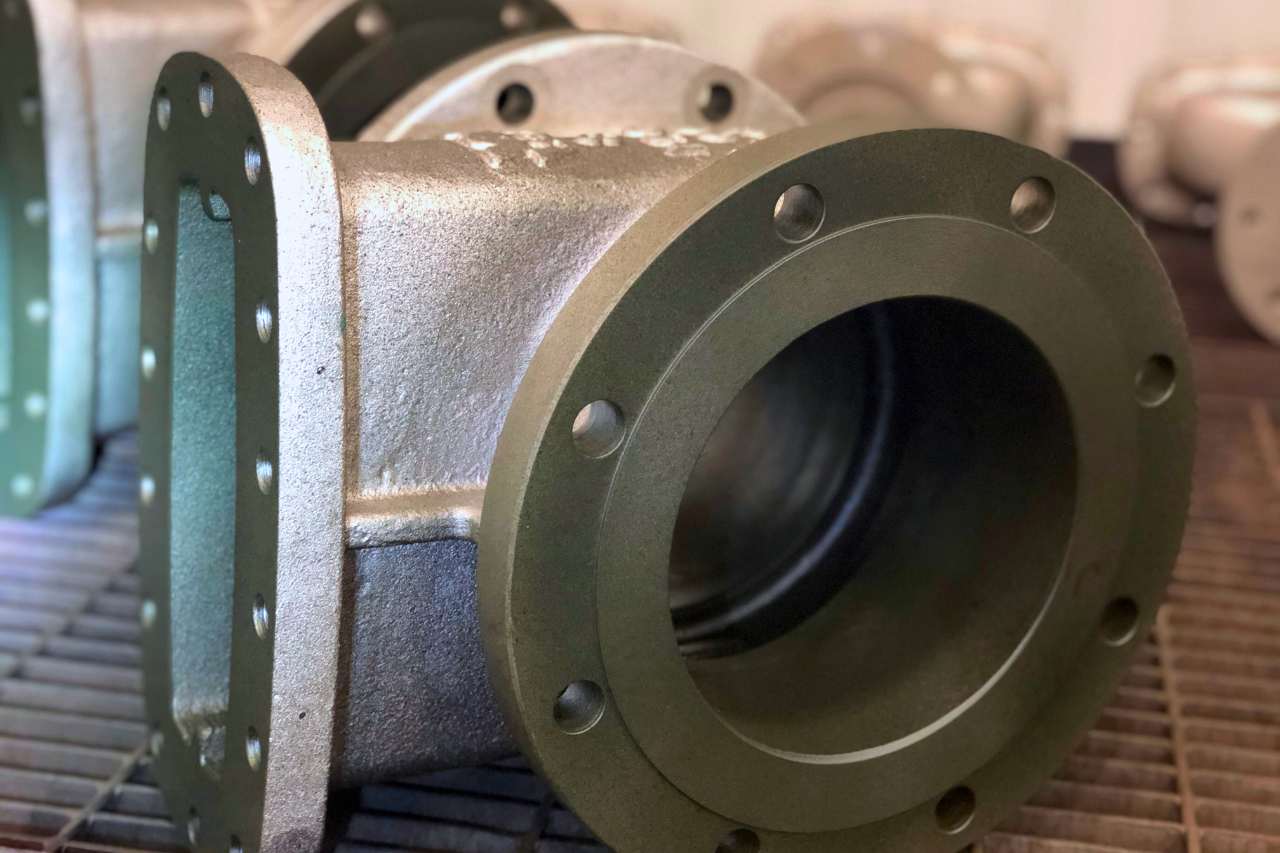
IPC series 3033x
Learn more about Electroless Nickel Coatings here.
Thermally Inter-Diffused Coating
Think of this coating as the bigger, bolder version of Electroless Nickel Coatings! Our thermally inter-diffused nickel-super-alloy deposit provides superior corrosion protection compared to standard ENC, with erosion prevention properties at temperatures up to 600°C.
Benefits of Thermally Inter-Diffused Nickel Coatings:
- Superior Corrosion & Erosion Protection at High Temperatures
- Zero Porosity
- Excellent Adhesion (no boundary between coating and substrate, but one amalgamated alloy)
- Microhardness (775-790HV)
- Exceptional Uniformity
- Pore-Free and Ductile
Learn more about our Thermally Inter-Diffused Coating (IPC Series 9000) here.
Fluoropolymer Coatings
IPC Fluoropolymer Coatings are engineered high-performance blends of polymer materials that offer nonstick qualities and can extend hydraulic pistons’ lives in corrosive environments. Moreover, they’re available in a full range of liquid and powder forms with different colours and nearly unlimited applications and configurations.
Benefits of Fluoropolymer Coatings:
- Heat Resistant
- Nonstick
- Chemical Resistant
- Abrasion Resistant
- Safeguards Product Purity
- Low Friction
- Electrical Hi/Lo Temp Resistance
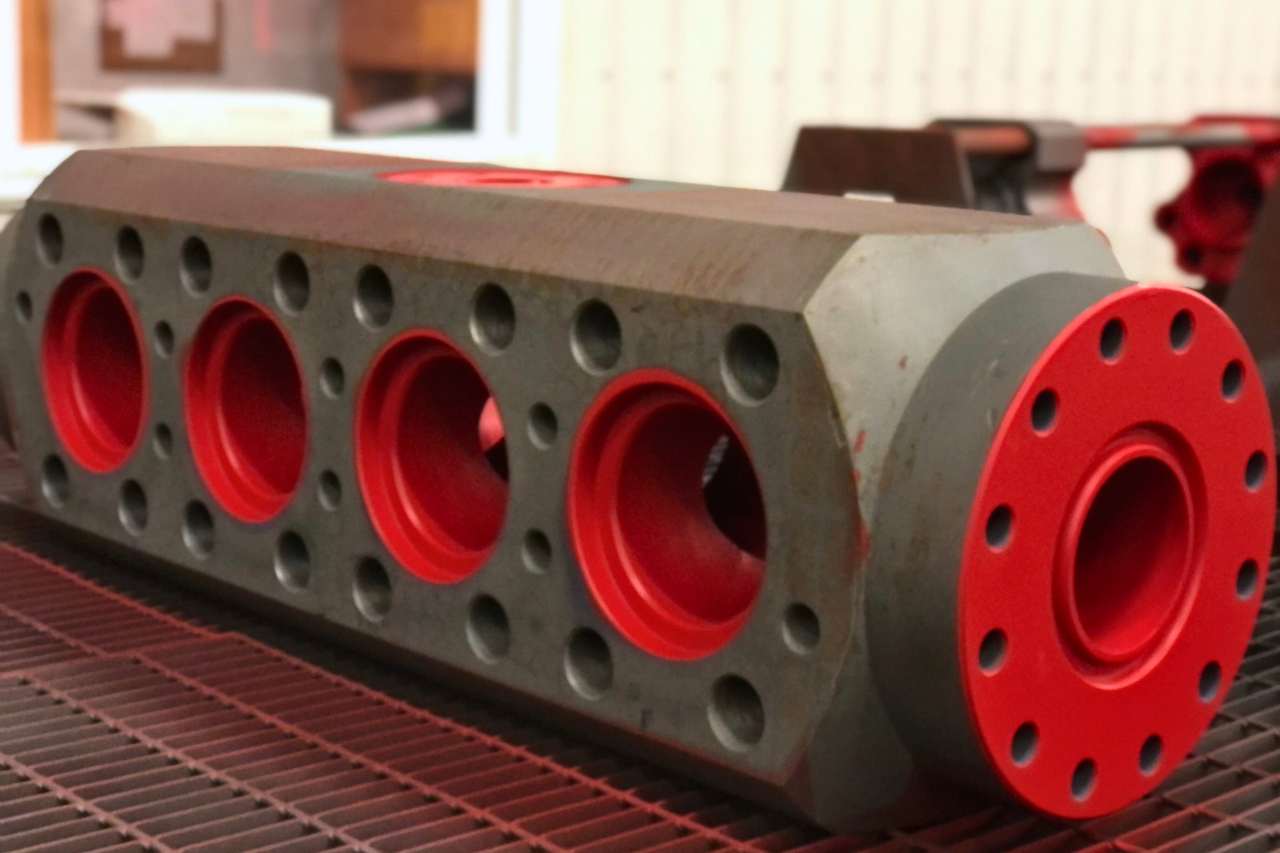
IPC System 3 Red
Fusion Bonded Epoxy Coatings
If you need resistance to harsh environments like corrosive soil, strong chemicals, seawater, hydrocarbons, and wastewater… then this is the coating for you! IPC Fusion Bonded Epoxy (IPC System 8) is a powder coating that turns to liquid when applied on pre-heated parts. Once cured, it creates an extremely tough, uniform protective layer on your substrate metal.
Benefits of Epoxy Coatings:
- Meets Requirements of AWWA Standard C213 and C550
- Low Coefficient of Friction
- Tested and Certified to NSF/ANSI Standard 61 (Drinking Water System Components)
- Resistance To Chemicals, Fluids and Gasses
- Excellent for Elevated Temperature Service in the Presence of H₂S, CO₂, CH₄, Crude Oil, and Brine
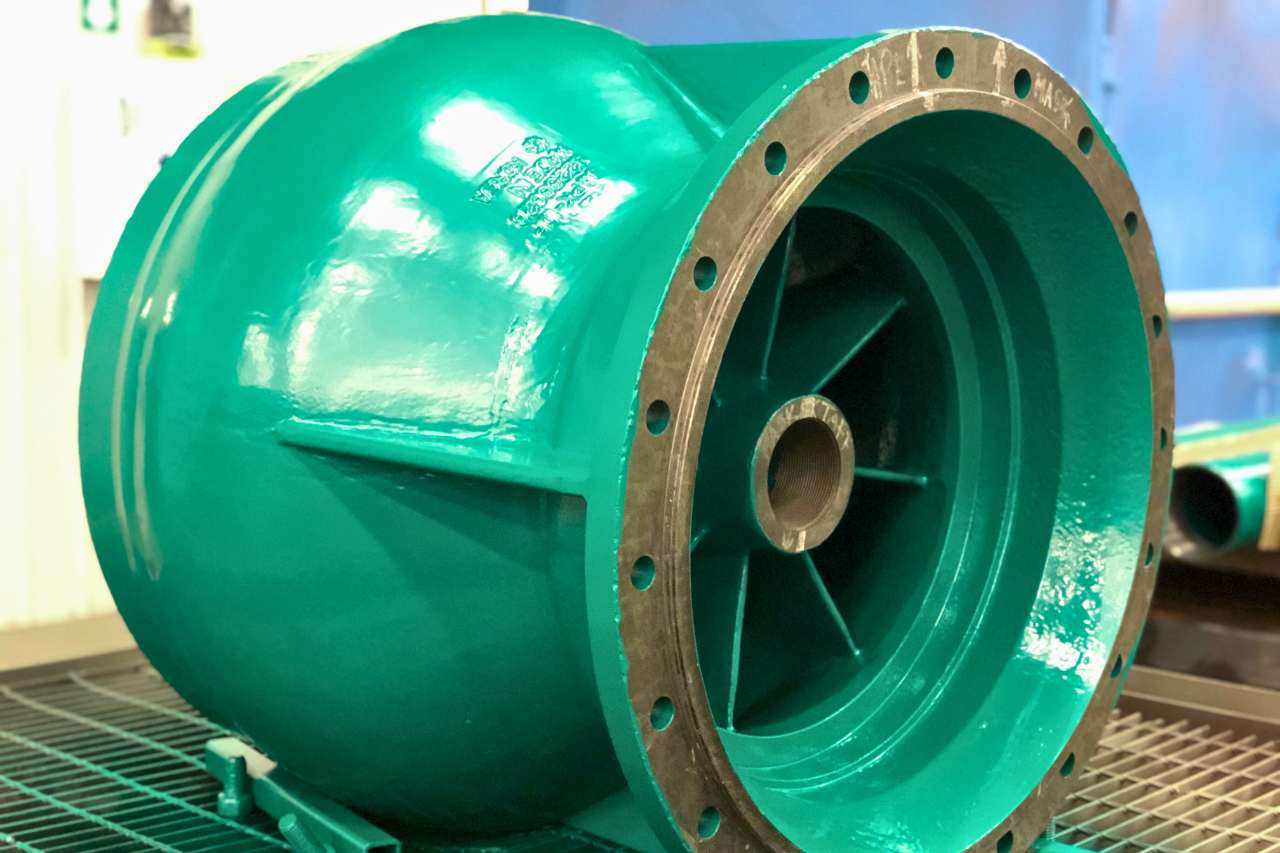
IPC system 8
Superior Corrosion Protection with IPC
We offer proven solutions for corrosion, erosion, abrasion and friction. If your project needs protective coatings, look no further than IPC!
Our experienced team of technicians and engineers have refined our leading protective coatings and plating processes, and we are committed to delivering a product that saves you time, money and resources.
Speak to one of our customer service representatives today.
